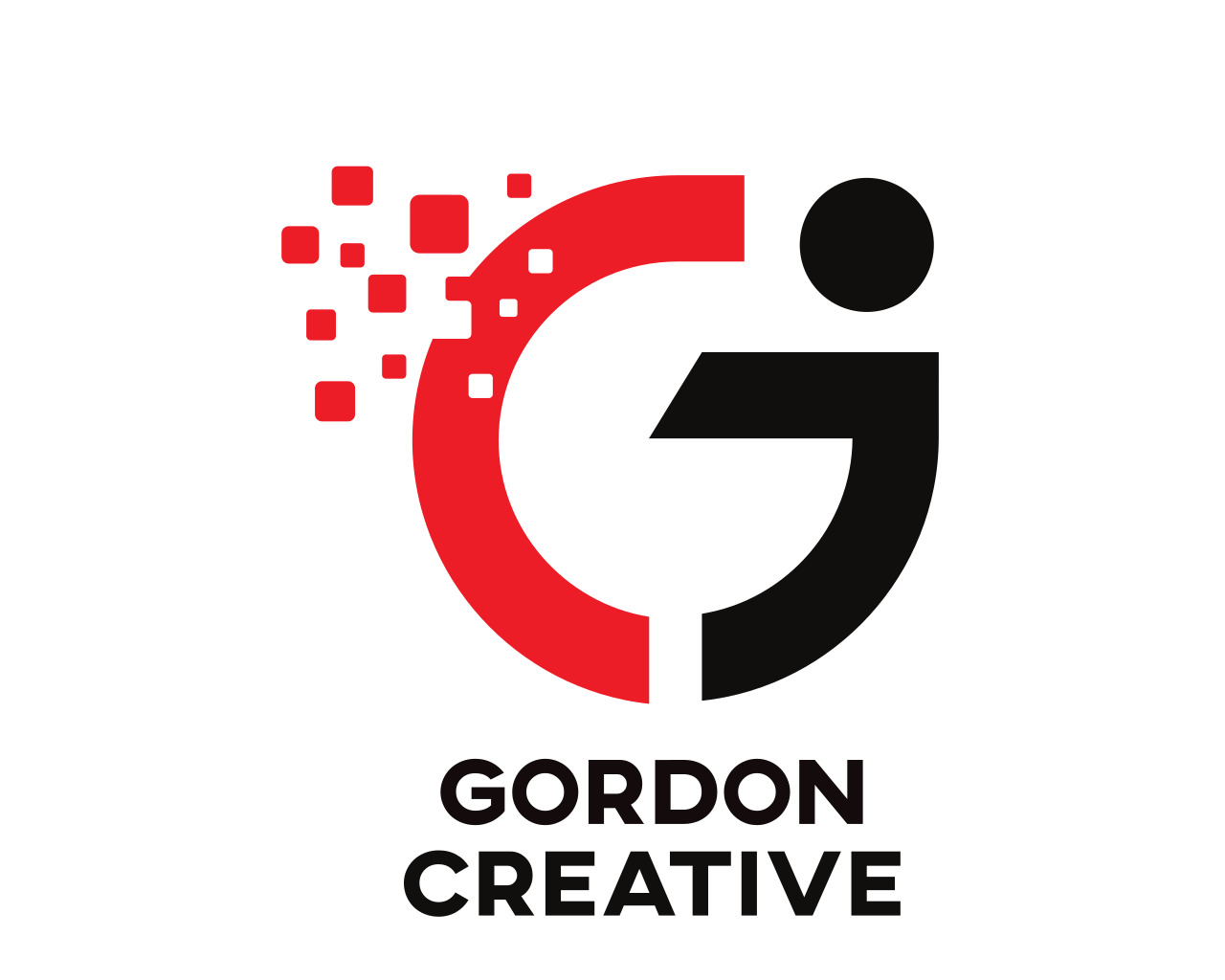Goulburn 2019… huh?
Voters around the world have been making the point for the last few years that they are looking for third party options. Tired of the binary opposites of left and right and the appearance of entrenched elites, voters have been seeking another choice.
In Australia, the race to be the third party of choice has led to a congested field. Locally Pauline Hanson’s One Nation Party and the Shooters, Fishers and Farmers Party contested the state election for Goulburn for the first time, and by any reading you’d have to say they were a great success.
Very nearly 10% each. Twenty percent when added together and around 30% when added to all other non-major parties. For those parties, it’s a heartening result and a foothold for the future. Indeed, other parties, like the United Australia Party and Katter’s Australian Party, may also be buoyed to run candidates in more electorates, like Hume, based on the appearance of the tide moving away from “the big two.”
The problem with this jostling to be the new third party (which in turn could potentially become one of the big two further down the track) is that these parties have partly negated each other’s efforts.
Pretend, instead of there being a One Nation AND an SFF party candidate in the Goulburn election, there’d been only one of those. Now pretend also that THAT candidate received the votes the other received and you have 20% of first preference votes. Depending on preference wrangling, they could potentially be duking it out at the end in the two party preferred race for the bickies.
In such a crowded field, we now have the advent of the Multiple Third Party Option (MTPO) where each peels a significant number away from the Big Two but insufficient to secure outright success.
The … I’ll use the word unusual … result for Goulburn was substantially affected by MTPO, but also by Optional Preferential voting. Many parties avoided offering any suggestions on their How To Vote cards. Maybe due to philosophical differences. Maybe due to nervousness/distaste at being linked to a controversial Party. Doesn’t matter.
But there was a real reticence to direct votes in this campaign. In fact, before the election, most parties made a point of vocalising their unwillingness to preference anyone. That may not have helped them in the end.
Preferences were unpredictable. Smaller party’s preferences were scattered almost randomly and many of those who voted for the smaller parties didn’t provide any preferences at all. A significant number of votes died with the smaller parties and were never passed on to the big two.
And that leaves us with a peculiar result. The Liberal Party won the election but it doesn’t look like… doesn’t feel like a traditional win. Just shy of 40% of the vote went to the Libs, which is another way of saying 60% didn’t – a fairly large majority left to say “well I didn’t vote for her.” For Labor, the first preference result was worse – 30% (or about the same as all non-major parties combined), although Labor reduced the two party preferred margin from 6.6% to 3.3% (as at time of writing).
It was a peculiar result across NSW. Pundits and experts didn’t know what to make of it but spokespeople for the big two seemed to realise that things have changed and that they now have to engage more thoroughly with each electorate, and with the other aspirant parties.
There has been, and will continue to be, much reflection and introspection. Safe to say, people aren’t happy with the status quo and aren’t happy to be taken for granted any longer. They don’t have to shop at just Woollies or Coles now. There are now more shops in the market, substantial shops, that can drill down to their niche requirements and unmet needs.
In the end, for Goulburn, those who moved their vote away from the Liberal Party aiming for change ironically ensured there was no change. Absent PHON and SFF standing candidates, perhaps Labor might have won Goulburn. It might just be that the MTPO, in their contest to become the next big thing, may still end up locking in the status quo.
![]()
 English
English
 French
French
 German
German
 Italian
Italian





